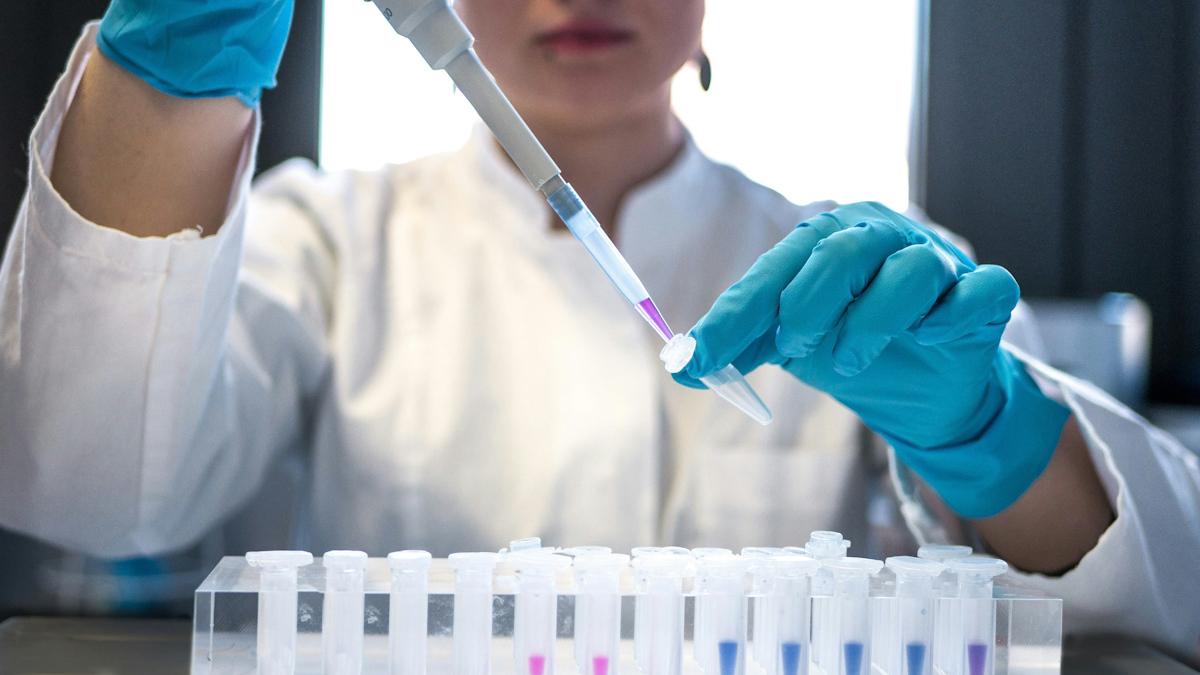Report says US biotech needs $15bn support to fend off China

The US is dangerously close to falling behind China in biotech, and the government should spend a minimum of $15 billion over the next five years to "unleash" private capital for the sector.
That is the conclusion of a just-published report from the National Security Commission on Emerging Biotechnology (NSCEB), which warns that China is quickly ascending to biotech dominance, having made the category a strategic priority for 20 years.
"To remain competitive, the US must take swift action in the next three years," it says, alluding to a competitive tussle between the two economies that it claims will define the coming decades. "Otherwise, we risk falling behind, a setback from which we may never recover."
HSCEB points to the rising number of licensing deals involving Chinese biotech intellectual property (IP), from 15 in 2019 to 33 in 2023, as well as the share of clinical trials launched by Chinese-headquartered biopharma firms which rose from just 3% in 2013 to 28% in 2023.
Arguably reflecting the increasingly confrontational nature of global relations, the report also paints a bleak picture of a world in which biotech advances are used to back up geopolitical objectives. It describes a hypothetical scenario, for example, where access to a cure for cancer discovered in China is used as a lever to force the US to abandon efforts to preserve Taiwan's sovereignty.
NSCEB chair Senator Todd Young doubled down on that view in comments made after the report was published, saying that biotech is the next stage of competition between the US and China and is "now an imperative for national security, economic power, and global influence."
"Biotechnology can ensure our warfighters continue to be the strongest fighting force on tomorrow's battlefields, and reshore supply chains while revitalising our manufacturing sector, creating jobs here at home," he added.
The martial rhetoric in the report echoes that used by supporters of the BIOSECURE Act, which is seeking to prohibit federal agencies and businesses in the US from contracting with various Chinese firms on national security grounds. That legislation stalled last year but many US companies are already hedging their bets by identifying domestic alternatives.
The NSCEB report also alludes to the US industry's growing dependence on China for "critical components" as a source of national vulnerability.
It identifies six main objectives for the federal government, top of the list being to prioritise biotech at the national level. There is also a need to mobilise the private sector and capital markets to get US-discovered advances to be progressed through development and to commercial scale more quickly, as well as to "out-innovate" strategic competitors and to build a stronger biotech workforce.
Standing in the way of these aims are "complex regulations, underutilised capital, limited domestic scale-up capacity, and insufficient protections," contends the report, which calls for targeted investments and strategic government reforms to reduce regulatory bottlenecks.
How that regulatory reform might be achieved as the Trump administration takes an axe to US regulatory agencies, culling their workforces and leadership, remains a matter of debate.
The document also identifies a direct link between biotech and defence, claiming that the US is failing to embrace biotech-enabled capabilities that are leaving its military vulnerable, and calls for a mobilisation of "the collective strengths of our allies and partners," alongside an image of flags from various nations including the UK, Germany, and Japan – all of which are now facing sweeping tariffs imposed by the US administration on imports.












